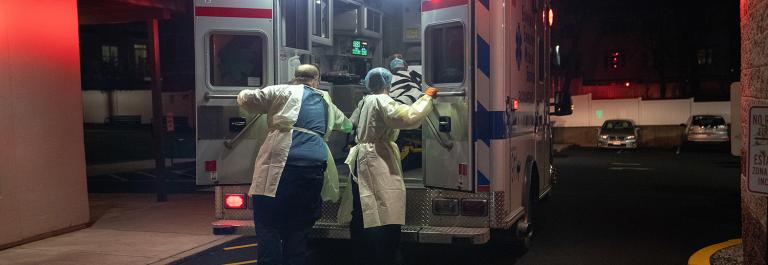D
deleted480308
You are extrapolating things I didn’t say. If you want to discuss a specific thing, ask it.So physicians should shut up about the obvious injustices in health care delivery and access in order to not risk being “political”? If your mothers, sisters, and daughters were dying at more than double the rate of white women as a result of childbirth, you probably would not give a damn about appearing political. If you were raising kids with asthma near a highway, lower emissions standards is not an academic discussion between the honorable gentleman from Oklahoma and the honorable gentleman from New York. It’s life or death. No one said it’s only on physicians’ shoulders to reach health equity. It is our responsibility to learn about it, we’re the ones administering goddamn the care. Should we not learn about genetic diseases to which there are no cures because we can’t solve the problem? Who else is going to advocate for our patients? Politicians? Only lazy people voluntarily narrow the scope and education of their chosen profession. Healthcare providers should not be ignorant on healthcare issues/ solutions.



